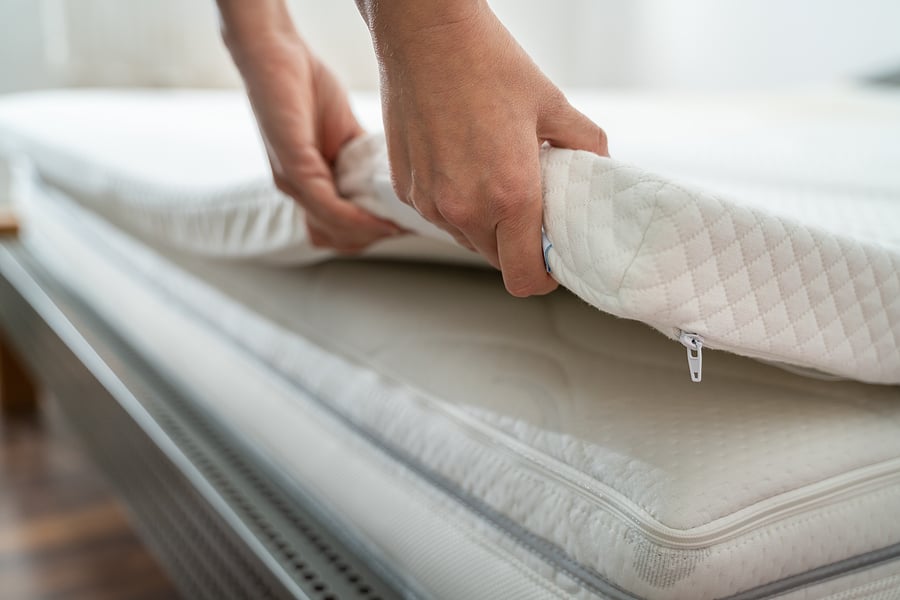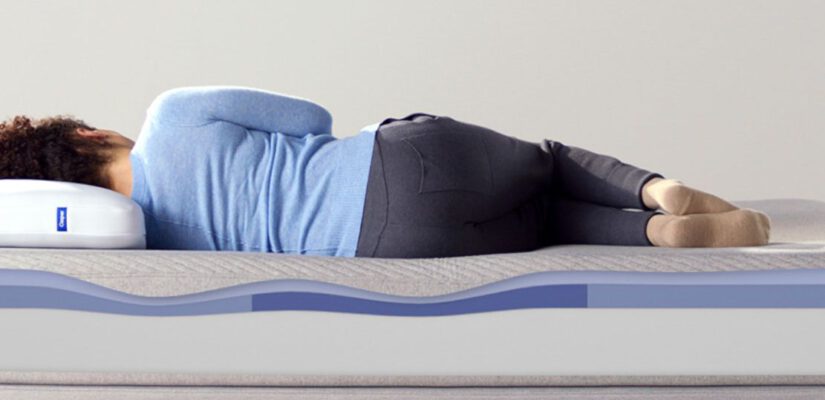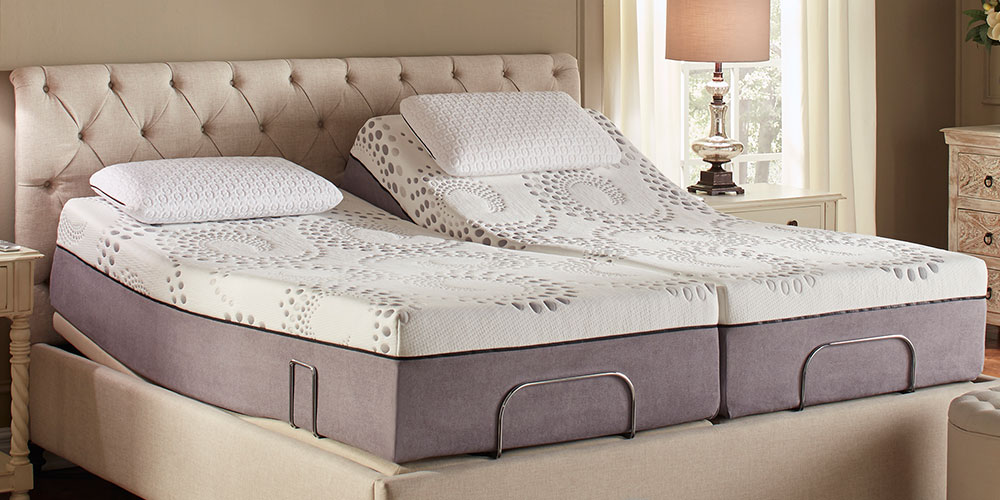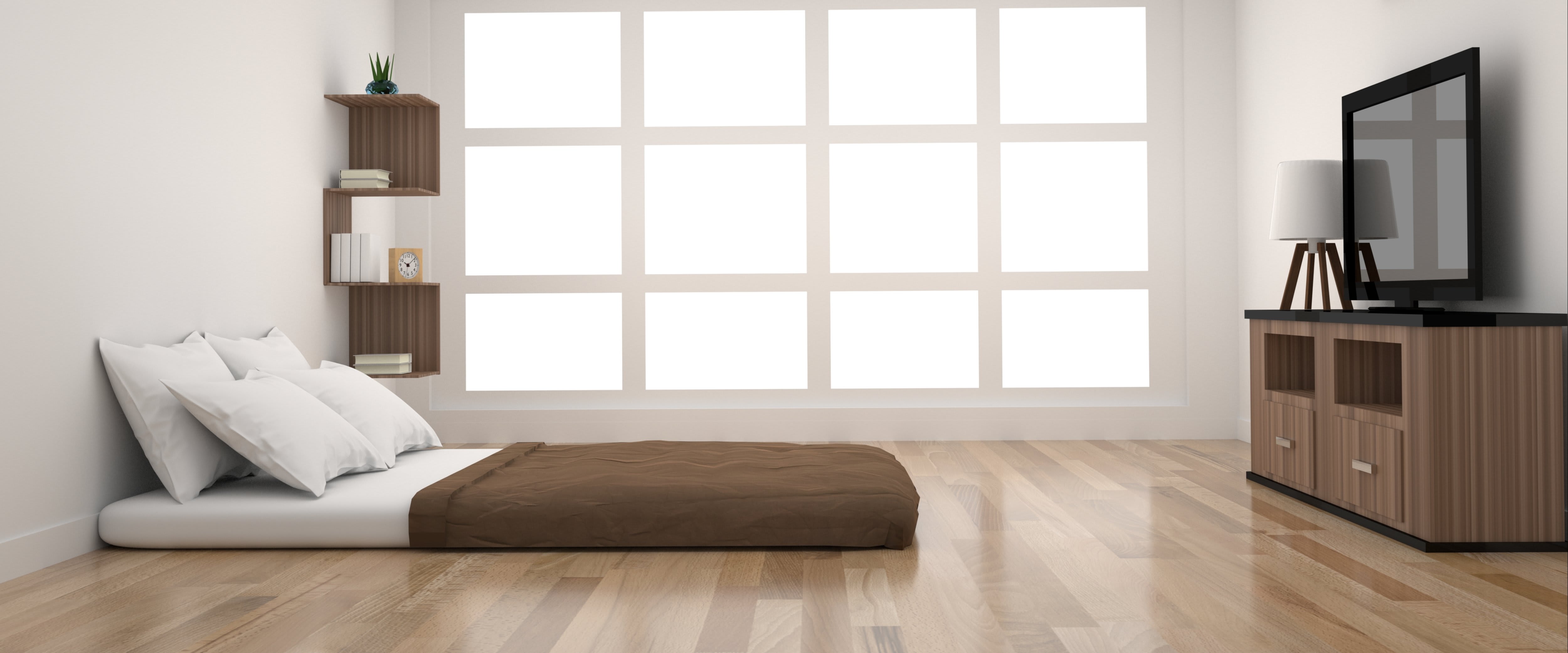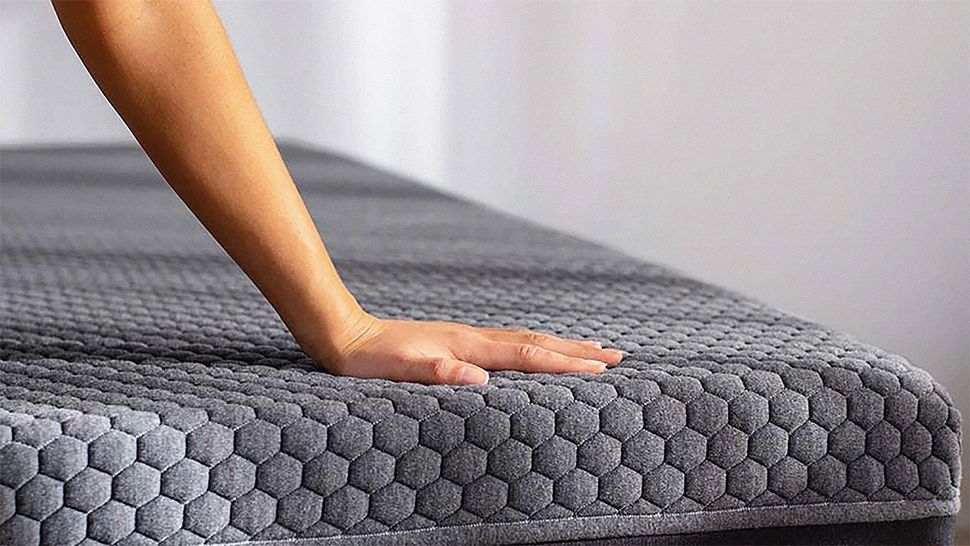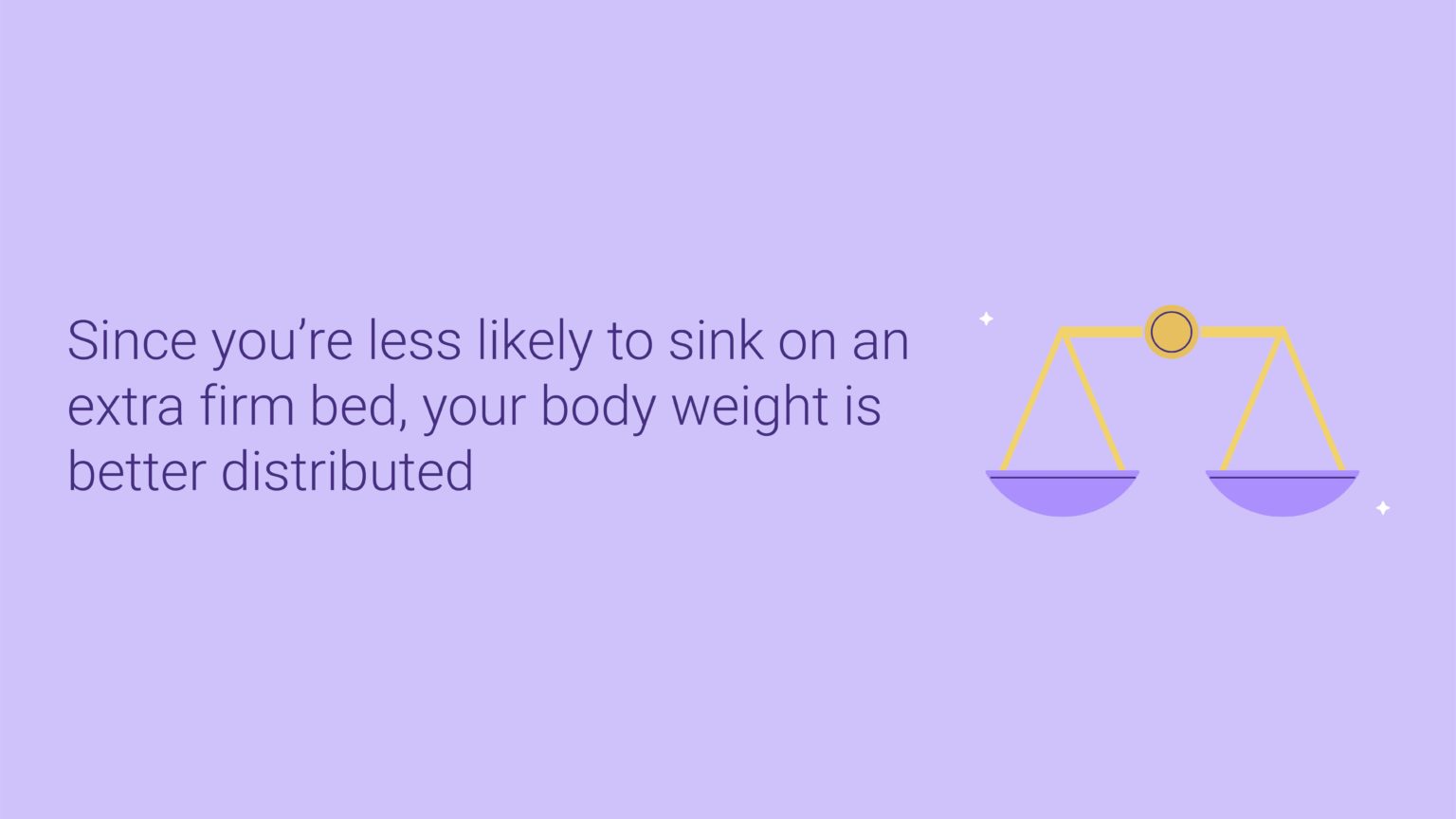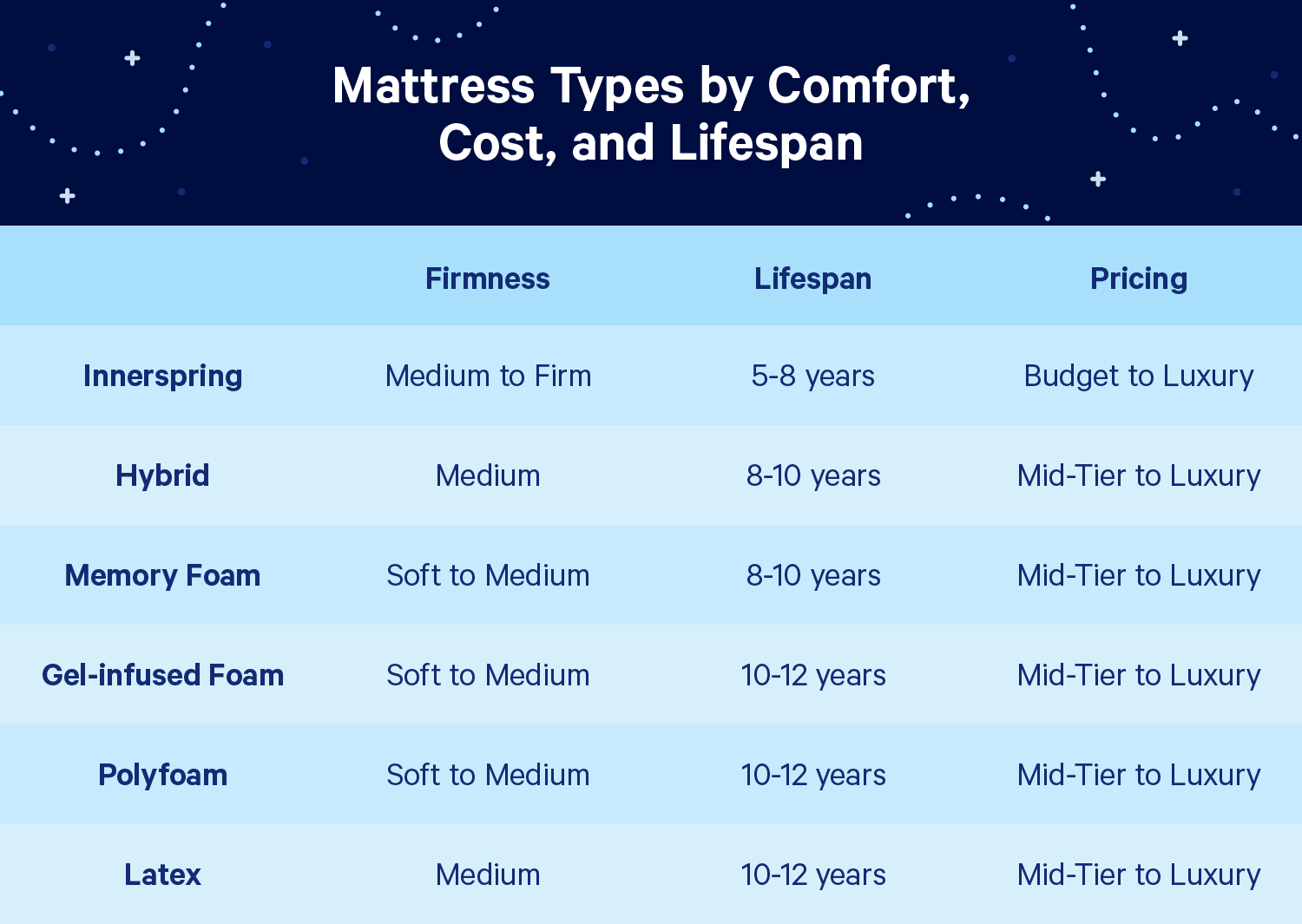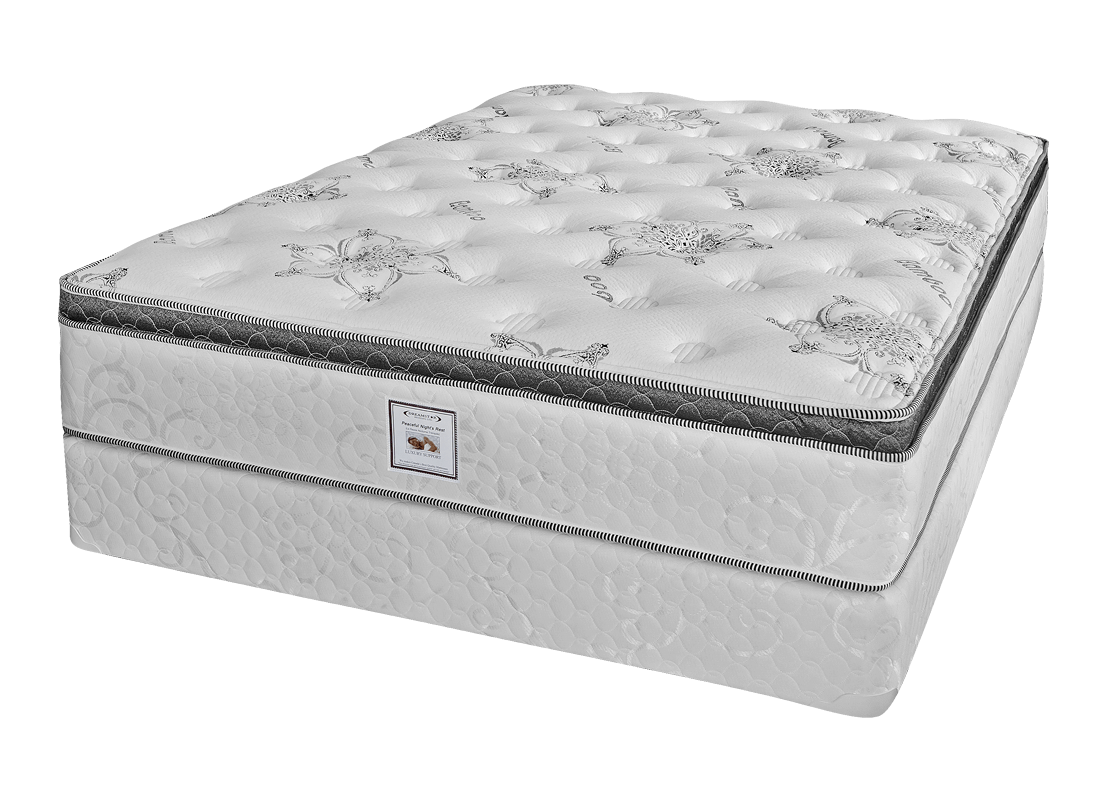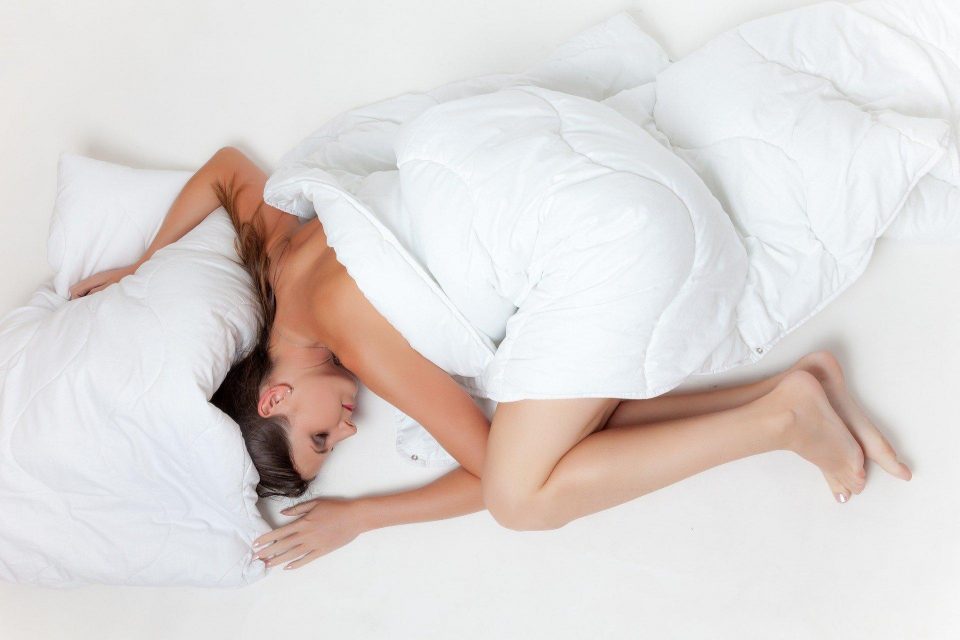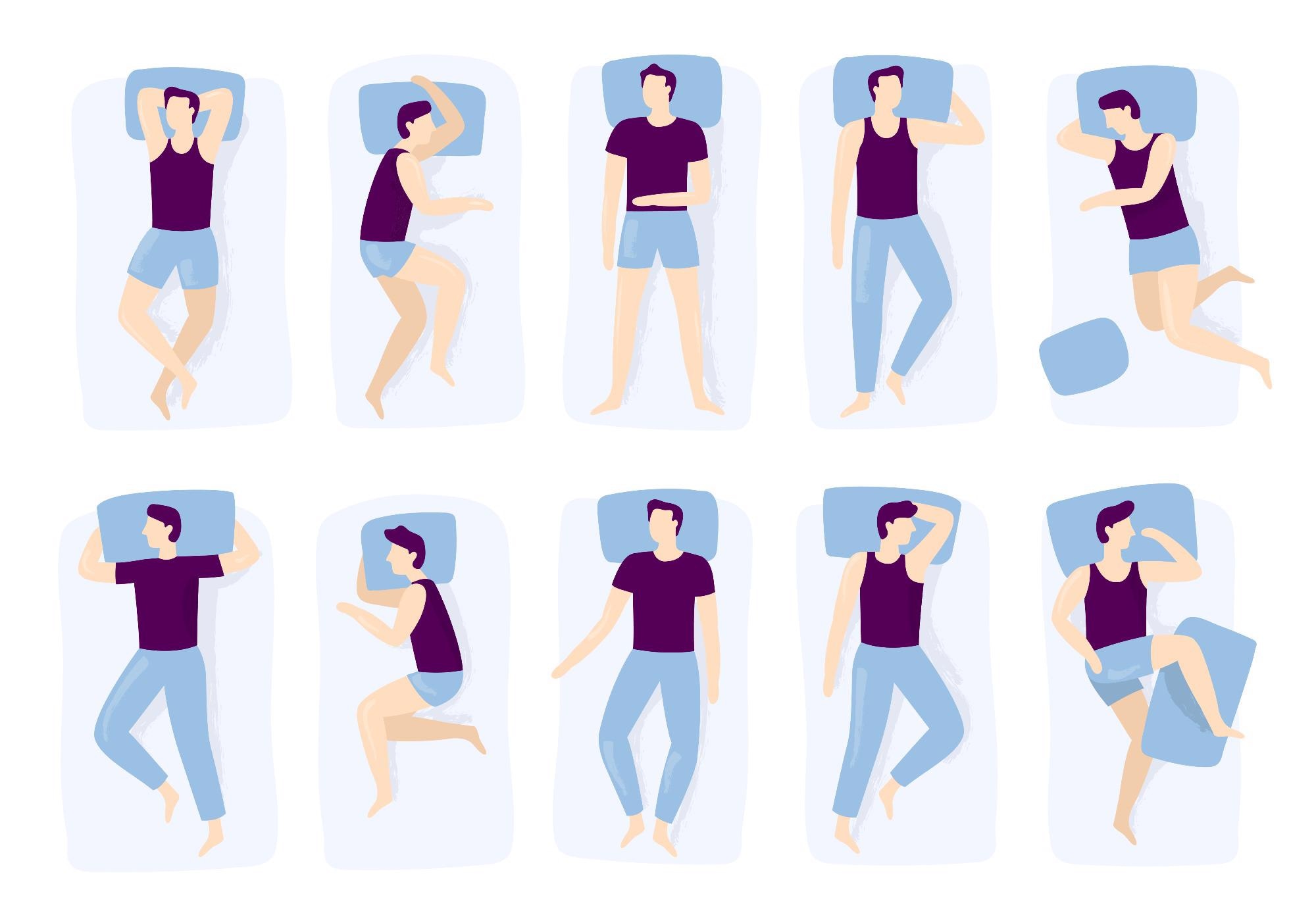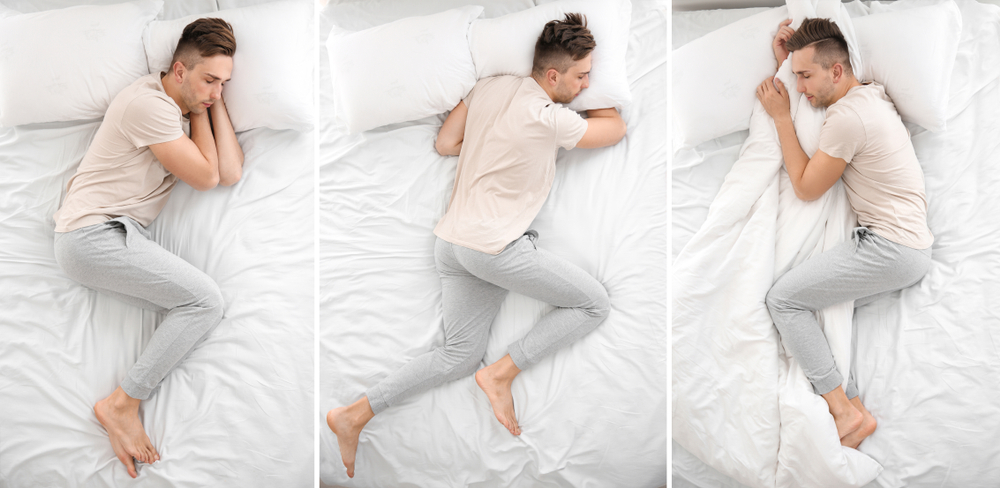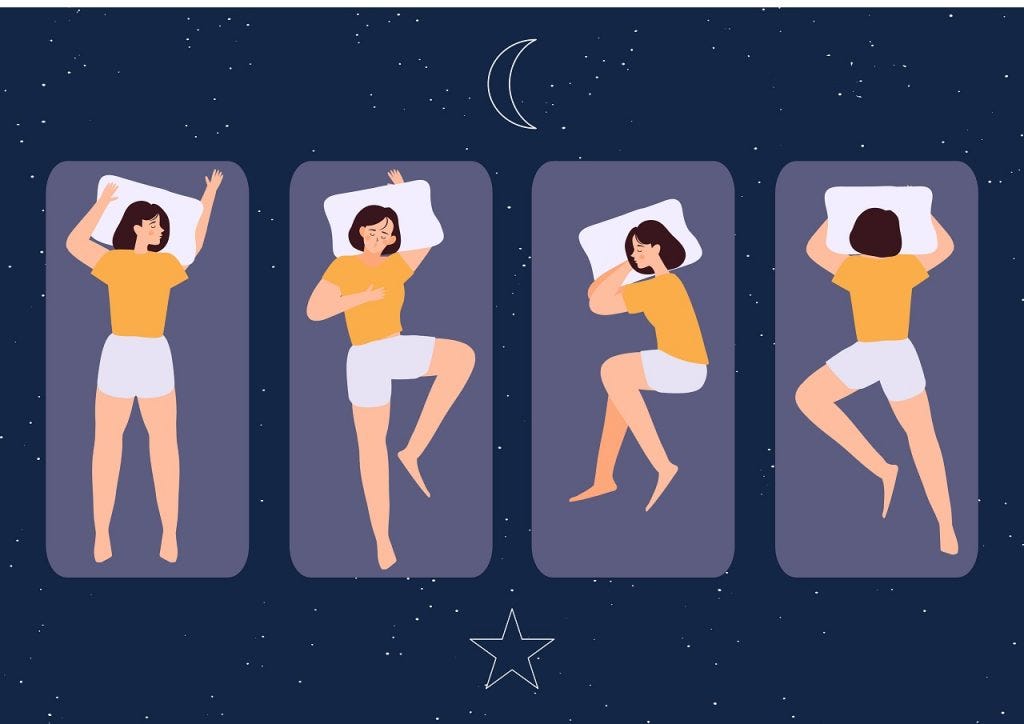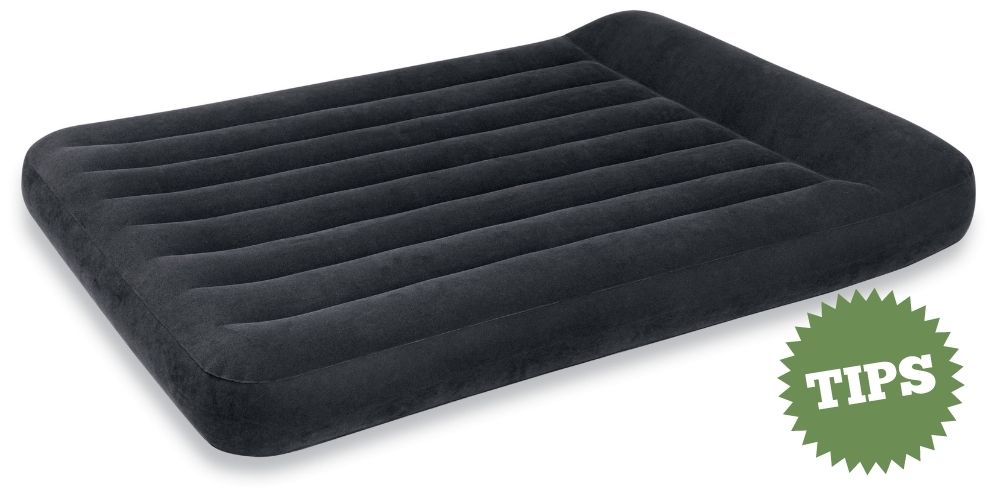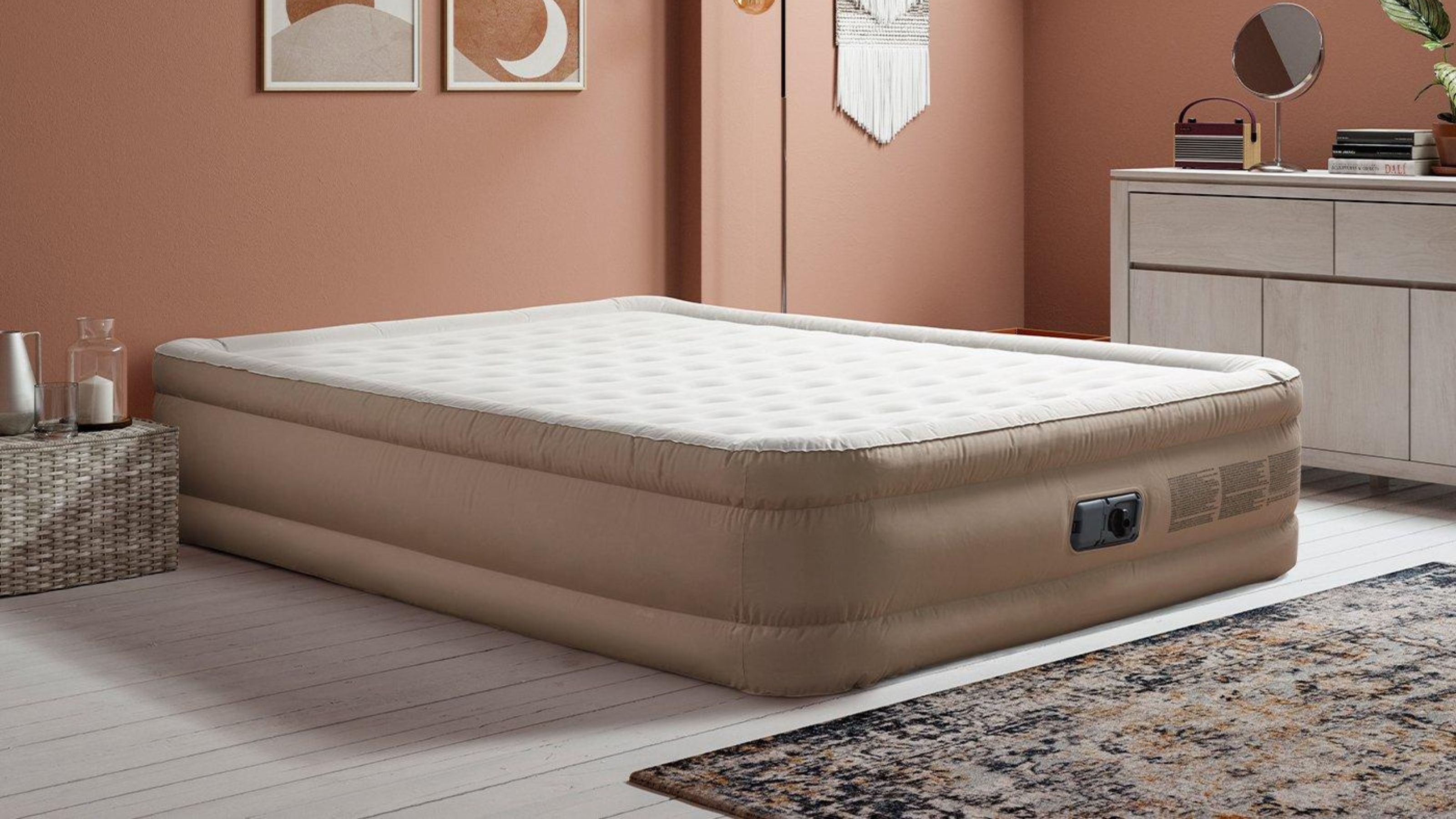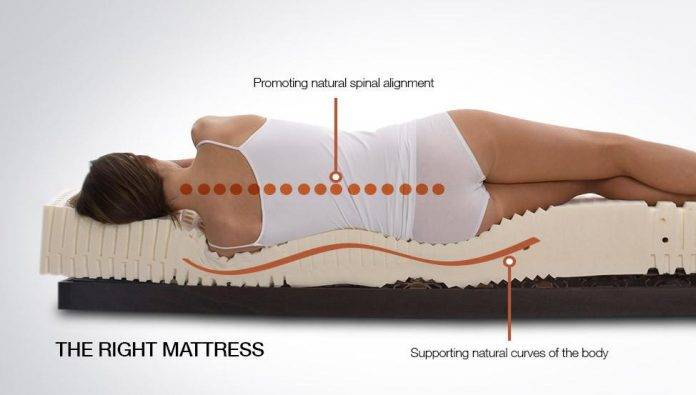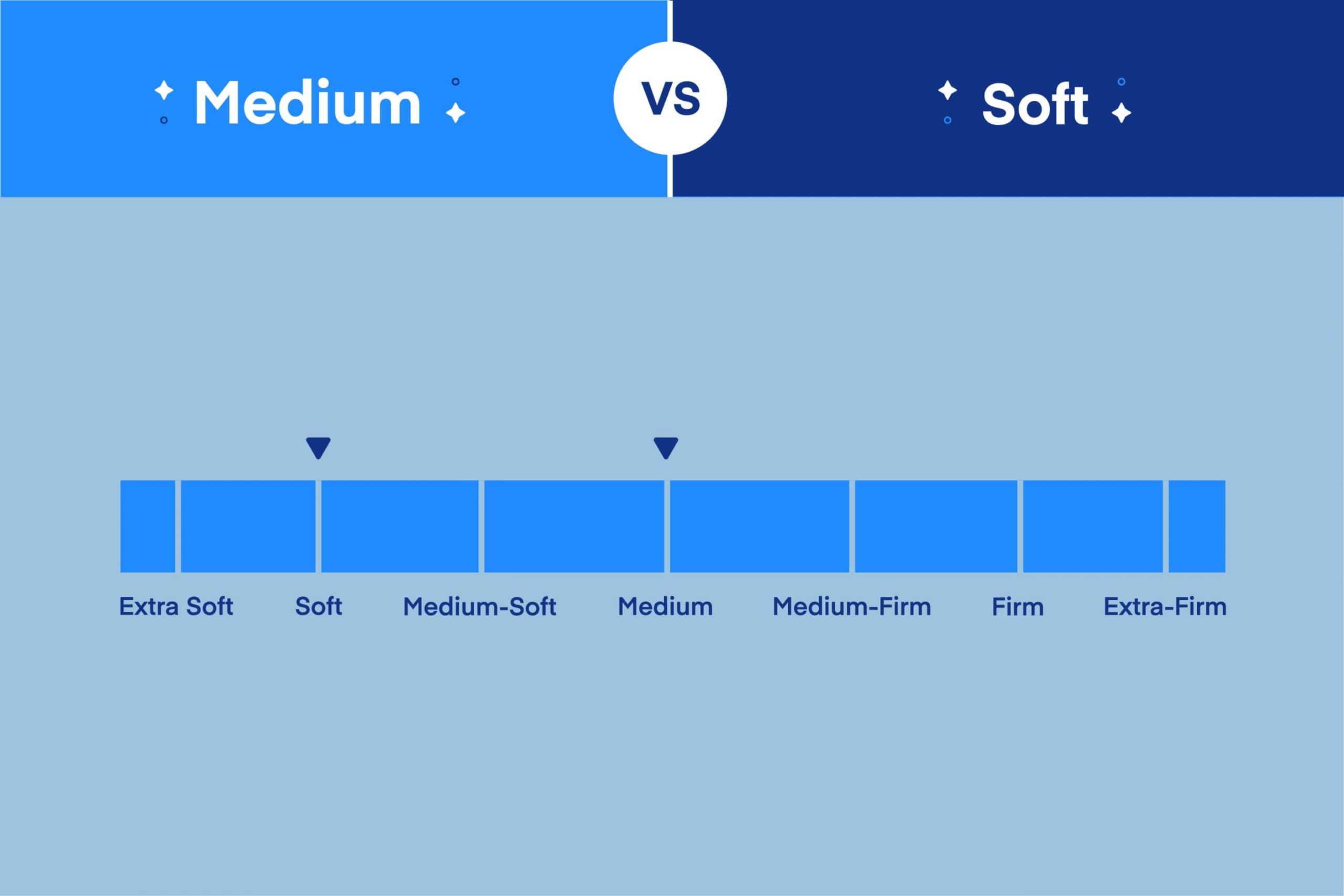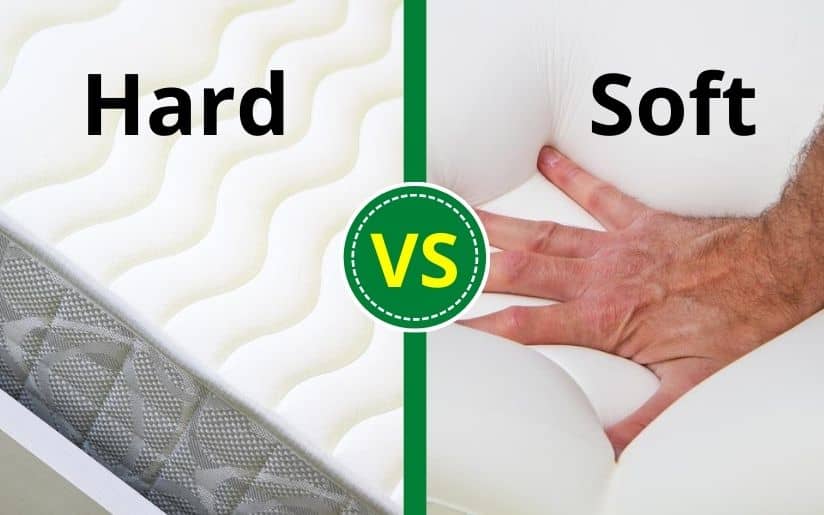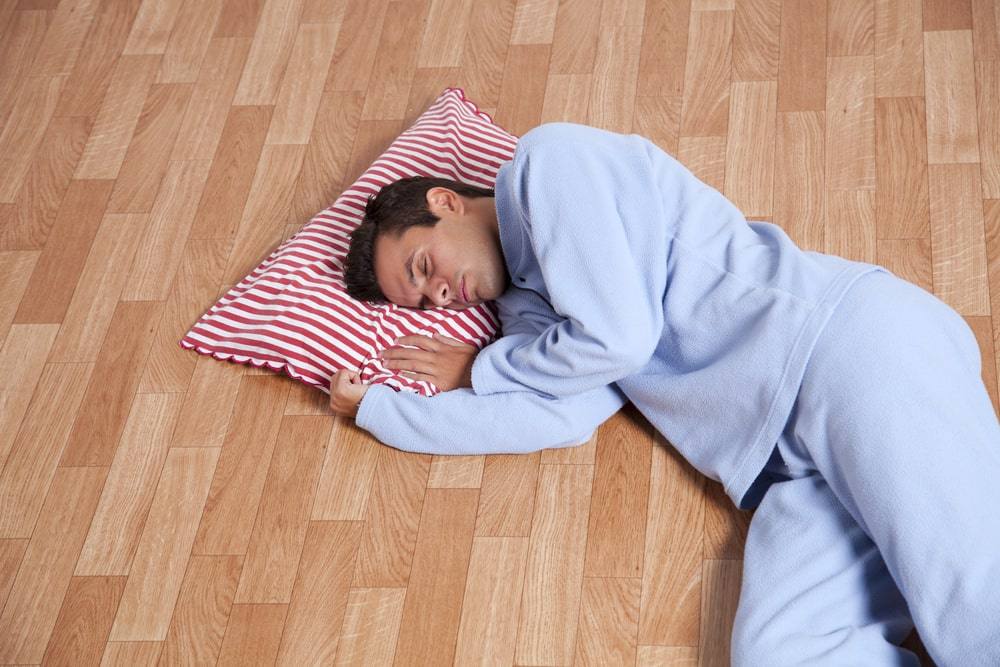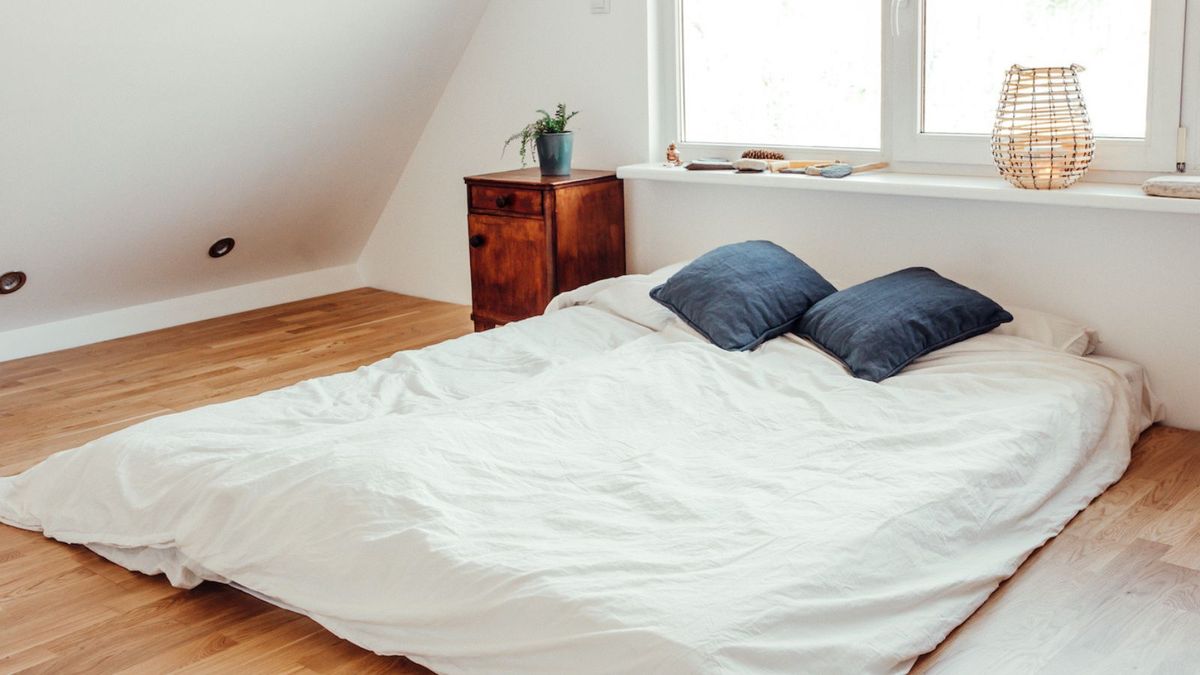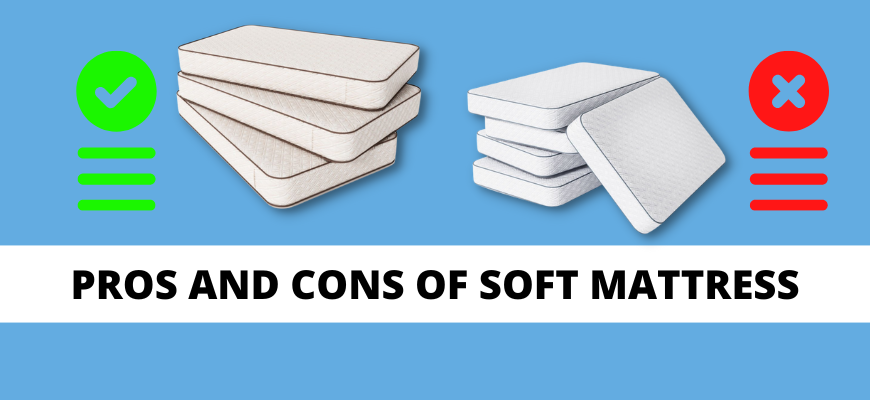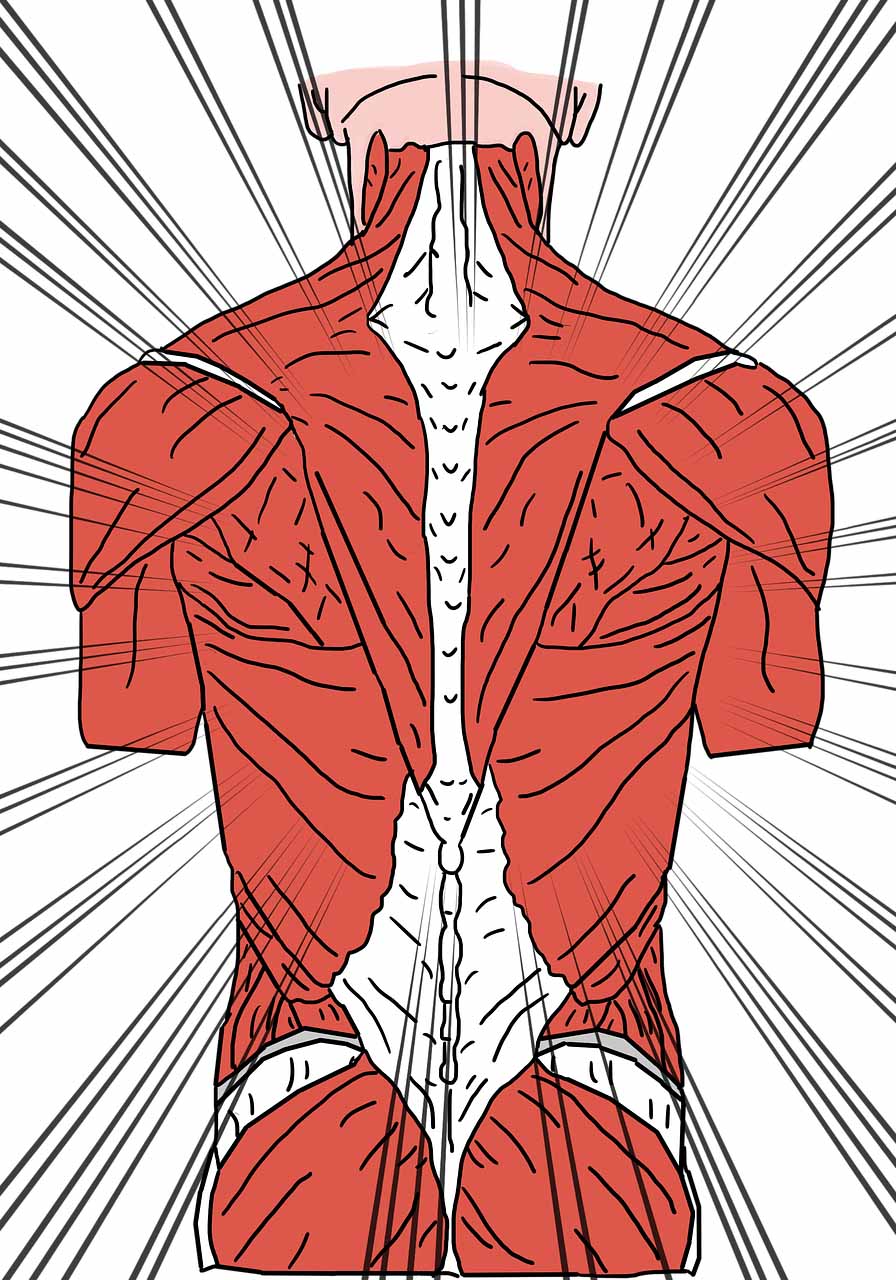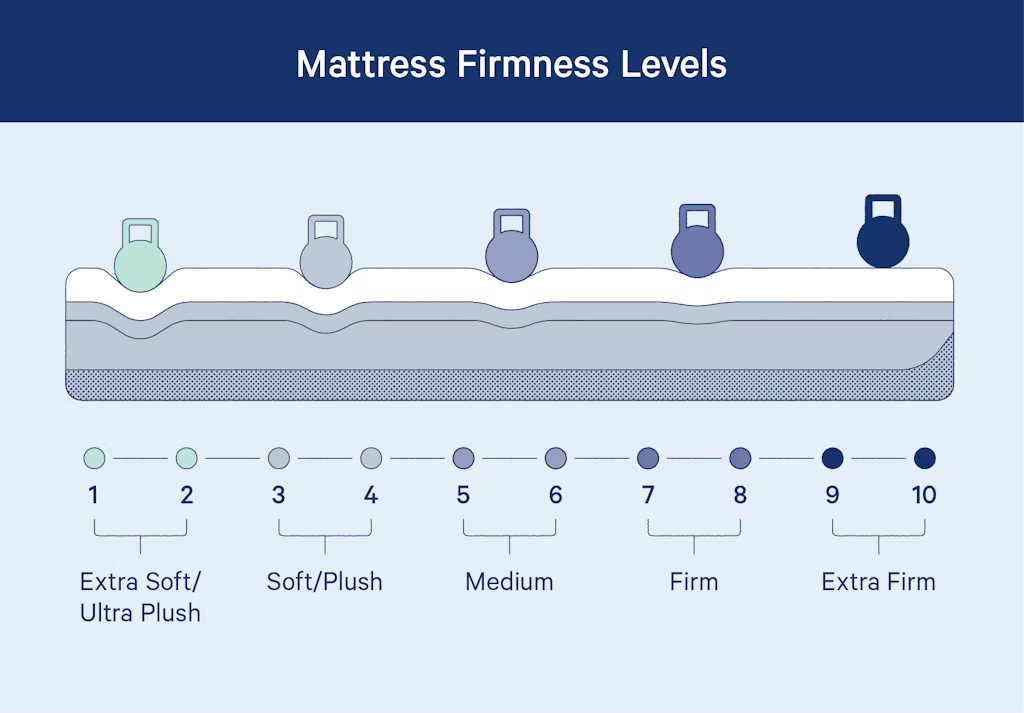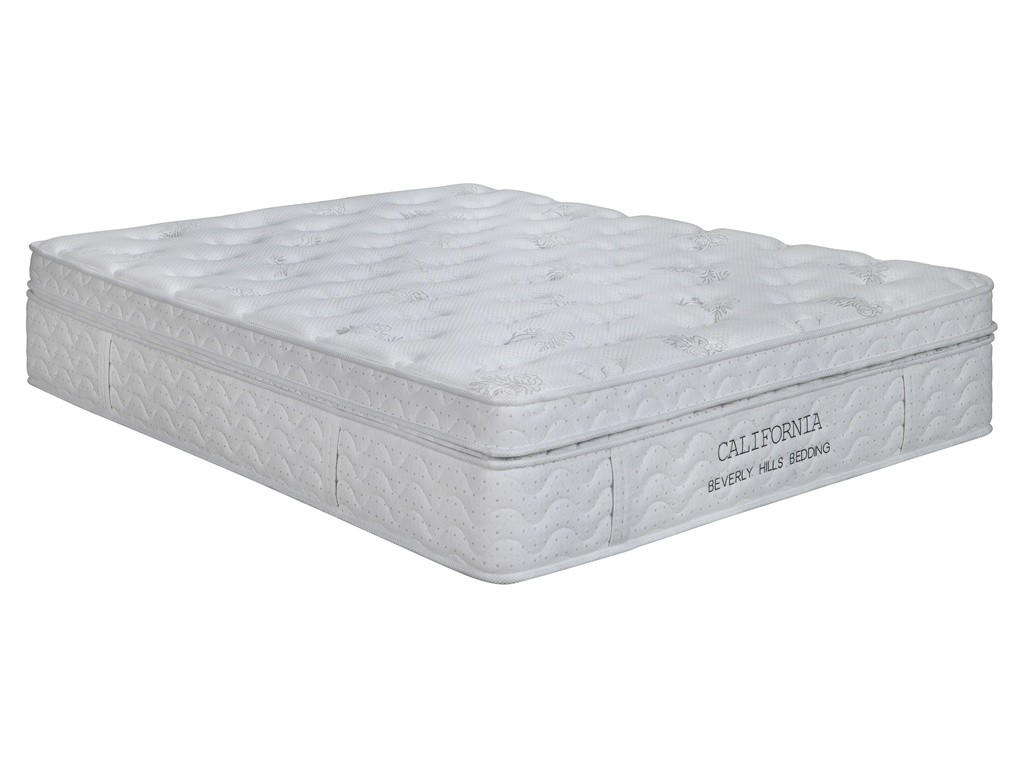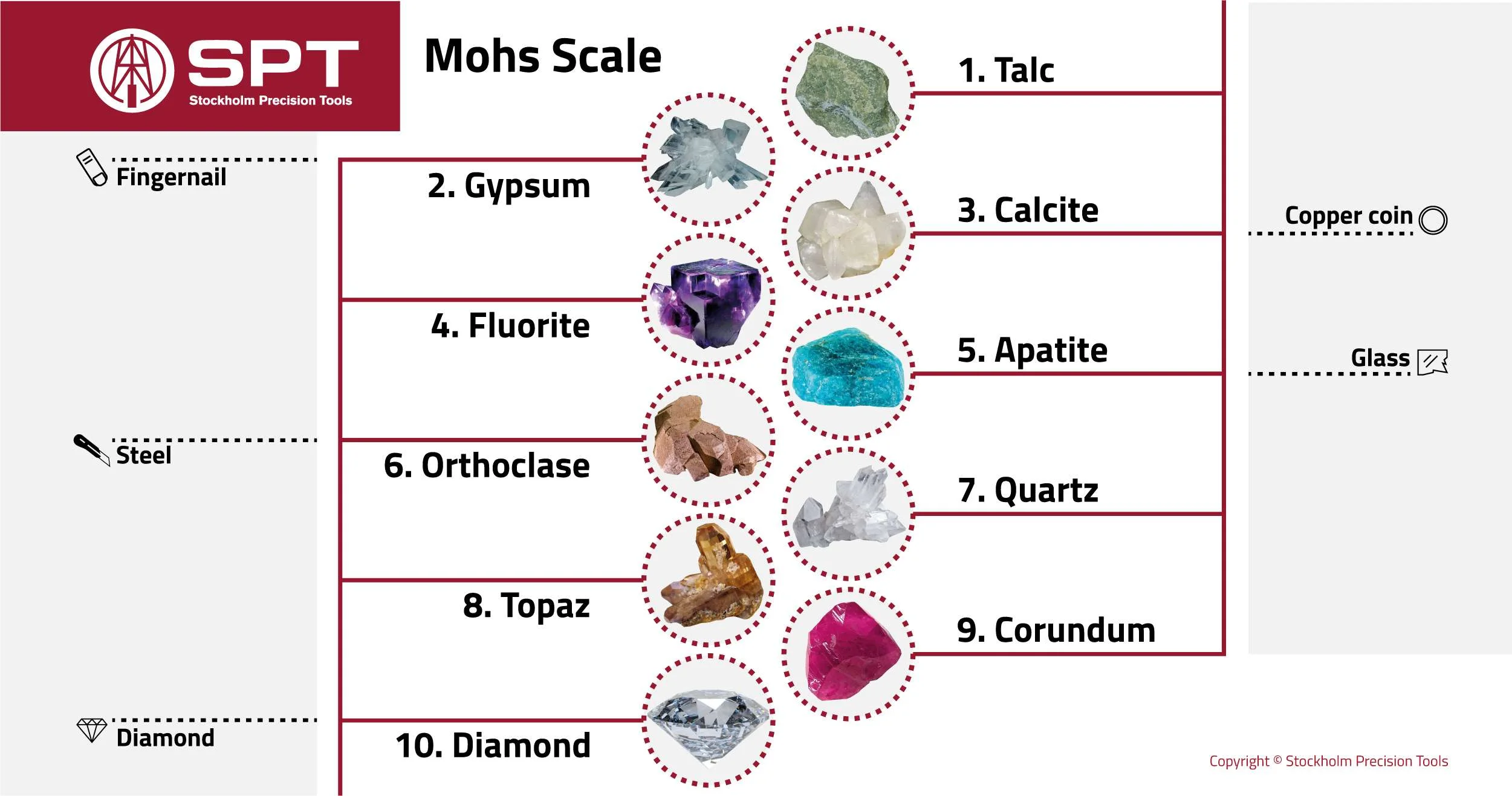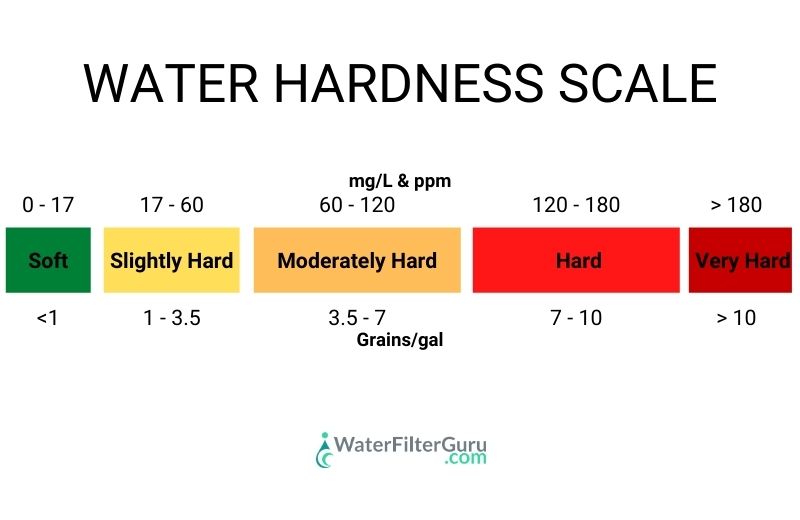1. How to Sleep Comfortably on a Hard Mattress
Sleep is essential for our physical and mental well-being, and the quality of our sleep is greatly affected by the type of mattress we sleep on. While many people prefer a soft and cushiony mattress, others swear by the benefits of sleeping on a hard mattress. If you are one of those who have recently switched to a hard mattress or are planning to, here are some tips to help you sleep comfortably.
First and foremost, it is important to understand that sleeping on a hard mattress is not for everyone. It may take some time for your body to adjust to a firmer surface, so be patient and give yourself time to get used to it. However, if you are experiencing discomfort or pain, it is best to consult with a doctor before making any changes to your mattress.
Next, make sure to choose the right bedding. A hard mattress requires a different type of bedding than a soft one. Opt for a mattress protector or topper made of natural materials such as wool or cotton, as they will provide a softer and more breathable surface for you to sleep on.
Another important aspect to consider is your sleeping position. Sleeping on a hard mattress requires a different set of sleeping positions than a soft one. It is recommended to sleep on your back or side, as these positions distribute your body weight evenly and provide proper support for your spine.
Lastly, it is crucial to maintain good posture while sleeping on a hard mattress. Keep your spine aligned by placing a pillow under your knees or between your legs if you sleep on your side, and under your lower back if you sleep on your back. This will help reduce any strain on your back and neck and ensure a more comfortable sleep.
2. The Benefits of Sleeping on a Firm Mattress
While sleeping on a hard mattress may not be suitable for everyone, there are many benefits to be gained from it. One of the main advantages is the proper support it provides for your body. A hard mattress keeps your spine in its natural alignment, which can help alleviate back pain and improve your overall posture.
Additionally, a firm mattress can also improve the quality of your sleep. When your body is properly supported, it is less likely to toss and turn throughout the night, resulting in a deeper and more restful sleep. This can also help reduce the chances of waking up with aches and pains in the morning.
A hard mattress is also a good option for those who tend to sleep hot. The firmer surface allows for better air circulation, keeping you cooler throughout the night. This can be especially beneficial during the summer months or for those who live in warmer climates.
Furthermore, sleeping on a hard mattress can also have benefits for your mental health. A good night's sleep is crucial for our emotional well-being, and sleeping on a hard mattress can lead to a more restful and rejuvenating sleep, leaving you feeling refreshed and energized in the morning.
3. Tips for Getting a Good Night's Sleep on a Hard Mattress
If you are struggling to get a good night's sleep on your hard mattress, here are some tips that may help:
- Invest in a good quality mattress topper or pad made of natural materials such as wool or cotton to provide a softer surface for your body to sleep on.
- Consider using an adjustable base for your mattress. This will allow you to adjust the angle of your head and feet, providing more support and comfort for your body.
- Try using a different pillow. A hard mattress may require a different type of pillow than a soft one. Experiment with different types and sizes to find the one that works best for you.
- Practice good sleep hygiene. This includes having a regular sleep schedule, avoiding caffeine and heavy meals before bedtime, and creating a comfortable and relaxing sleep environment.
4. The Best Sleeping Positions for a Hard Mattress
As mentioned earlier, sleeping on a hard mattress requires a different set of sleeping positions than a soft one. Here are the best sleeping positions to try on a hard mattress:
- Sleeping on your back with a pillow under your knees to keep your spine aligned.
- Sleeping on your side with a pillow between your legs to keep your hips and spine in proper alignment.
- Sleeping on your stomach with a pillow under your lower abdomen to reduce pressure on your lower back.
Remember to avoid sleeping on your stomach with your head turned to one side, as this can strain your neck and lead to discomfort.
5. How to Make a Hard Mattress More Comfortable
If you are still struggling to get comfortable on your hard mattress, here are some additional tips to make it more comfortable:
- Use a heated mattress pad or electric blanket during the colder months to add some warmth and coziness to your bed.
- Consider using a body pillow for added support and comfort while you sleep.
- Rotate your mattress regularly to prevent any uneven wear and tear and to maintain its firmness.
- Invest in a good quality mattress that is specifically designed for your body type and sleeping preferences to ensure maximum comfort and support.
6. The Link Between a Hard Mattress and Better Sleep
While the idea of sleeping on a hard mattress may seem uncomfortable at first, there is scientific evidence to support its benefits. Studies have shown that sleeping on a hard mattress can reduce back pain, improve sleep quality, and even alleviate symptoms of fibromyalgia and arthritis.
In fact, some cultures, such as Japan and Korea, have been sleeping on hard surfaces for centuries and have a lower prevalence of back pain compared to other countries that prefer softer mattresses.
It is important to note that everyone's body is different, and what works for one person may not work for another. However, if you are someone who struggles with back pain or wants to improve the quality of your sleep, a hard mattress may be worth considering.
7. The Pros and Cons of Sleeping on a Hard Mattress
As with anything, there are pros and cons to sleeping on a hard mattress. Let's take a look at some of them:
Pros:
- Provides proper support for your body
- Can help alleviate back pain
- Improves sleep quality
- Keeps you cool while sleeping
- Durable and long-lasting
Cons:
- May not be suitable for everyone
- Can take time for your body to adjust to
- May require additional bedding or accessories for added comfort
- Can be more expensive than softer mattresses
Ultimately, it is up to individual preference and what works best for your body. It is important to consider both the pros and cons before making a decision on whether to switch to a hard mattress.
8. How a Hard Mattress Can Help with Back Pain
Back pain is a common issue that affects many people, and it can greatly impact the quality of our sleep. Sleeping on a hard mattress can help alleviate back pain by providing proper support for your body and keeping your spine in its natural alignment.
When your body is properly supported while sleeping, it can help reduce any strain or tension on your back muscles, leading to less pain and discomfort in the morning. It is important to remember that a hard mattress may not be a cure-all for back pain, and it is always best to consult with a doctor for proper treatment.
9. The Science Behind Sleeping on a Hard Mattress
So, what is the science behind sleeping on a hard mattress? Our bodies are designed to sleep on a firm, flat surface, and a hard mattress provides just that. A soft mattress may cause our bodies to sink in and create an unnatural curve in our spine, leading to discomfort and pain.
Additionally, sleeping on a hard surface can also help activate pressure points in our body, which can improve blood circulation and release tension in our muscles.
While more research is needed to fully understand the effects of sleeping on a hard mattress, there is evidence to suggest that it can have many positive impacts on our physical and mental well-being.
10. Finding the Right Hardness Level for Your Mattress
As mentioned earlier, sleeping on a hard mattress is not for everyone, and it is important to find the right hardness level for your body. When shopping for a hard mattress, be sure to try out different levels of firmness to determine what feels most comfortable for you.
Keep in mind that your preferences may change over time, so it is important to regularly assess your mattress and make changes as needed. Additionally, factors such as weight, age, and sleeping position can also affect the optimal hardness level for your mattress.
In conclusion, while sleeping on a hard mattress may not be suitable for everyone, it can have many benefits for those who prefer a firmer surface. With the right bedding, sleeping positions, and good sleep hygiene, you can enjoy a comfortable and restful sleep on your hard mattress. Remember to listen to your body and make adjustments as needed to ensure a good night's sleep every night.
Benefits of Sleeping on a Hard Mattress

When it comes to designing a comfortable and inviting bedroom, one of the most important elements to consider is the mattress. While there are a variety of options available in the market, one that often gets overlooked is the hard mattress. This type of mattress may not seem as plush as a soft one, but it actually offers a host of benefits that can significantly improve your sleep quality and overall health. Here are some reasons why you should consider sleeping on a hard mattress:
1. Proper Spinal Alignment
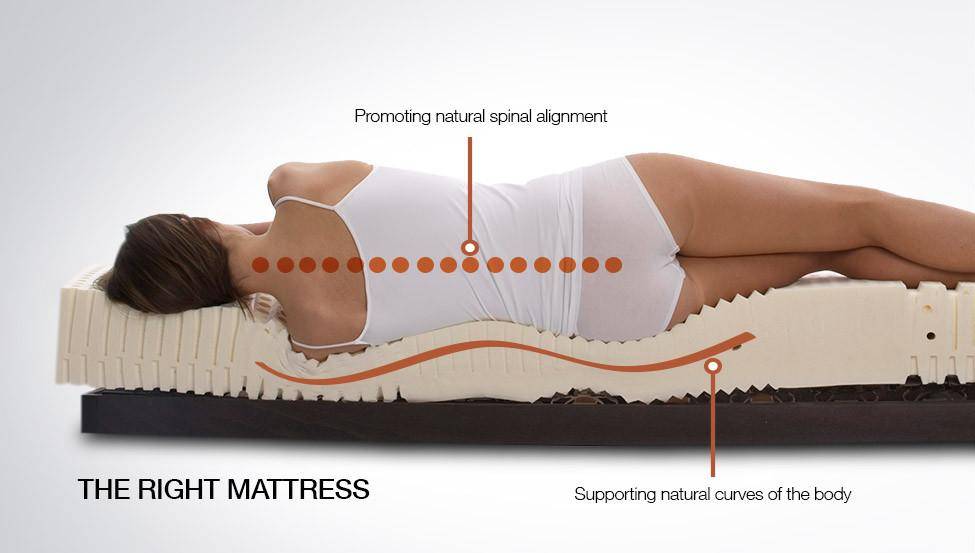
One of the main benefits of sleeping on a hard mattress is its ability to promote proper spinal alignment. Soft mattresses tend to sink in the middle, causing your spine to curve and leading to back pain and discomfort. On the other hand, a hard mattress provides a firm and even surface for your body, allowing your spine to maintain its natural alignment. This can help alleviate back pain and improve your overall posture.
2. Improved Circulation

Another advantage of sleeping on a hard mattress is the improved circulation it offers. Soft mattresses can cause pressure points on your body, especially if you tend to sleep in the same position for a long time. This can restrict blood flow and lead to numbness or tingling sensations. With a hard mattress, your body is supported evenly, allowing for better blood circulation throughout the night.
3. Reduced Allergens
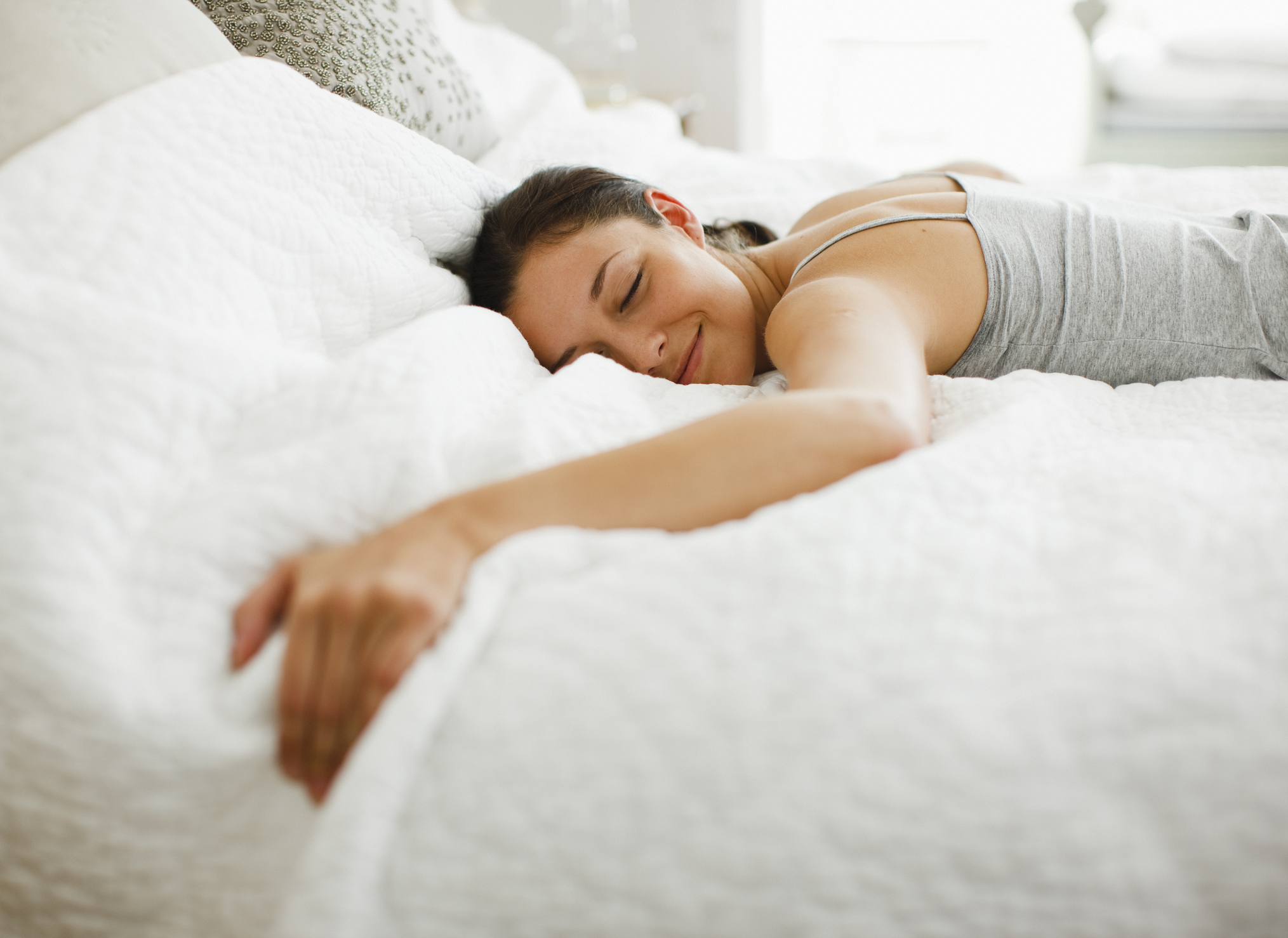
For those who suffer from allergies, a hard mattress can be a game-changer. Soft mattresses tend to trap dust, dead skin cells, and other allergens, which can affect your breathing and sleep quality. A hard mattress, on the other hand, is easier to clean and doesn't provide a suitable environment for these allergens to thrive in. This can help reduce your allergy symptoms and provide a healthier sleeping environment.
While a hard mattress may not seem as cozy as a soft one, the benefits it offers for your physical health and well-being cannot be ignored. So, if you're looking to improve your sleep quality and overall health, consider switching to a hard mattress. Your body will thank you for it!





